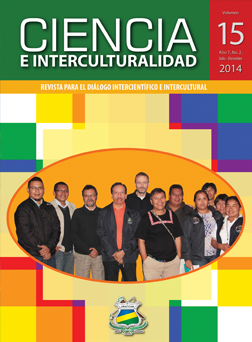Atención en salud a las personas de la tercera edad en el modelo de Salud Intercultural de MASI-RAAN
Resumen
A fin de contribuir al fortalecimiento de la atención de las personas de la tercera edad de las comunidades indígenas y afrodescendientes de la Costa Caribe Norte, enmarcado en el Modelo de Atención en Salud Intercultural (MASI). Se realizó un estudio en dos comunidades indígenas mískitas del Llano Norte y la comunidad afrodescendiente de Bilwi, de julio a noviembre del 2009. Contando con la participación de 45 ancianas y ancianos que en grupos focales nos expusieron su sentir con relación a la atención médica que reciben tanto en la medicina tradicional como en la occidental. Se identificaron las principales causales que interfieren en dicha atención, la actual situación de los servicios de salud y la necesidad de combinar las prácticas de medicina tradicional con la medicina occidental para ofrecer mejores alternativas y resultados en la recuperación de la salud, como una opción para superar la inaccesibilidad económica y cultural. Se aprecia también la opinión de las autoridades regionales en la salud, que coinciden en la necesidad de elaborar nuevas normas, políticas y programas de salud de cara a la atención de los geriátricos, así como la adecuación cultural de los actuales programas. Se observa el desconocimiento casi total de la geriatría como especialidad que aporta las herramientas adecuadas para la atención del adulto mayor, sus patologías relacionadas al envejecimiento y todo su entorno como un ser integral que ha realizado sus aportes a la sociedad actual, por tanto merece reconocimiento y respeto de sus derechos a la salud según su condición biológica, para contribuir a un envejecimiento exitoso.
Descargas
El autor mantiene los derechos morales y permite la cesión gratuita, exclusiva y por plazo indefinido de sus derechos patrimoniales de autoría a la Universidad de las Regiones Autónomas de la Costa Caribe Nicaraguense (URACCAN).






